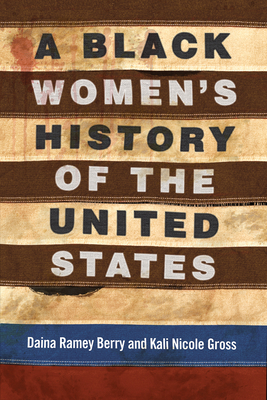


Books in series

A Queer History of the United States
2011

A Disability History of the United States
2012

An Indigenous Peoples' History of the United States
2014

An African American and Latinx History of the United States
2018

A Black Women's History of the United States
2020

An Afro-Indigenous History of the United States
2021

Roxanne Dunbar-Ortiz's Indigenous Peoples' History of the United States
A Graphic Interpretation
2024
Authors


Ever since I was a kid exploring my community's old Carnegie library, I had loved biography! Now I'm professor of history and women’s studies at the University of Wisconsin-Green Bay. Studying history means I get to read biography and consider it work. My most recent book is Beyond the Miracle Worker: The Remarkable Life of Anne Sullivan Macy and Her Extraordinary Friendship with Helen Keller (Beacon Press, 2009). Author appearances:
- October 2009, Wisconsin Literary Festival
- May 28, 7 pm, Readers Loft Bookstore, Green Bay, Wisconsin
- June 6, 12:30 pm, Printers Row Literary Festival, University Center Loop Room, 525 S. State St., 3rd floor, Chicago, Illinois
Dr. Paul Ortiz is Director of the Samuel Proctor Oral History Program at the University of Florida. Before becoming a historian, attending Duke University for graduate school, Ortiz was first a sergeant in the 82nd Airborne, and then an organizer for the United Farm Workers.

Daina Ramey Berry is an associate professor of history and African and African diaspora studies, and the George W. Littlefield Fellow in American History, at the University of Texas at Austin. An award-winning historian, she is also a Distinguished Lecturer for the Organization of American Historians. Author photo: Brenda Ladd Photography